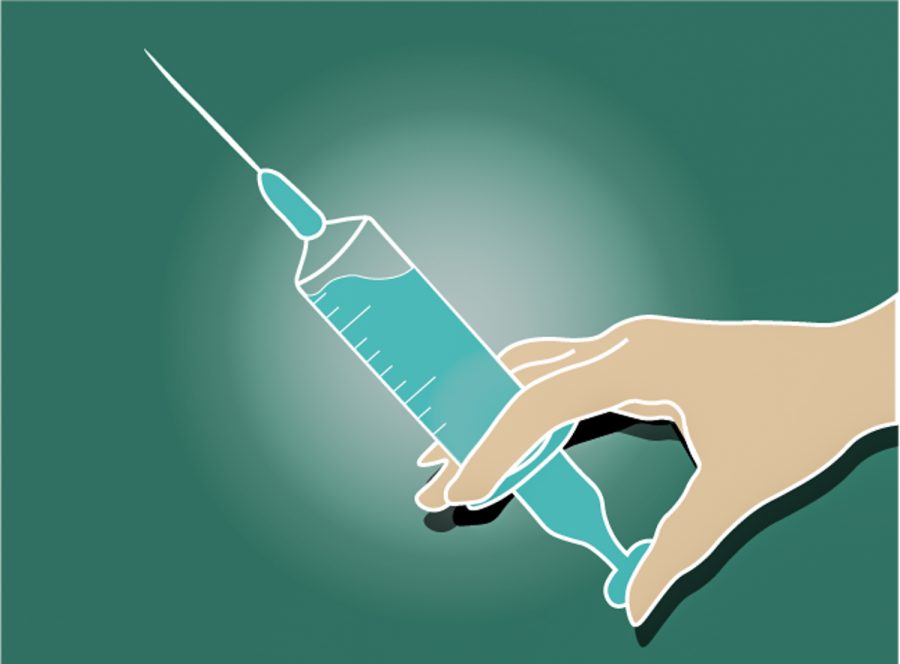Local schools respond to Pfizer vaccine authorization for children
Pullman Public Schools will not require vaccinations for children ages 5-11; children receive two 10 microgram doses three weeks apart
The U.S. Food and Drug Administration authorized the Pfizer-BioNTech COVID-19 vaccine for children ages 5-11 on Oct. 29.
November 12, 2021
Pullman Public Schools will not require students to be vaccinated to attend school. This announcement follows the U.S. Food and Drug Administration’s authorization of the Pfizer-BioNTech COVID-19 vaccine for children ages 5-11 on Oct. 29.
“This is a great opportunity for our elementary-age students to be able to access the COVID vaccine,” said Superintendent Bob Maxwell. “We think [this] will enable us to continue to make progress in returning to pre-pandemic life in an education system.”
The school district will provide information for parents so they can make a decision about vaccinating their children, Maxwell said.
“Vaccines are one of the tools in the toolbox to control this pandemic and [get] past it,” he said. “It’s important for our community to get back on track.”
Michelle Hyatt, Pullman Public Schools nurse, said the district is following guidance from the Centers for Disease Control and Prevention to continue providing education. This includes requiring everyone over the age of 5 to wear masks, practicing social distancing, encouraging regular hand washing and all other recommendations from the CDC.
“We’re working with the health department, helping our families get information about the vaccine and then ultimately leaving it up to families to decide what’s best for them,” Hyatt said.
Brenda Boyd, WSU Children’s Center executive director, said the center has implemented many changes to continue providing childcare and keep children safe.
Currently, the center follows the CDC guidelines requiring all teaching personnel and children over the age of 5 to wear masks and maintain social distance. The center replaced self-serve dining with individual servings. Children also stay with one group so they are not mixing with other classrooms to help limit exposure, Boyd said.
“We’re … licensed by the Department of Children, Youth, and Families in Washington State, [so] we’ll be following whatever requirements that they set for us to maintain our licensing,” Boyd said.
The vaccine was studied in roughly 3,100 children ages 5-11 and was found to be 90.7 percent effective in preventing COVID-19. There were no serious side effects detected, according to the FDA website.
Children are administered two doses three weeks apart. They are given a lower dosage, 10 micrograms, compared to the dosage for people 12 years and older, which is 30 micrograms, according to the website.
Children ages 5-11 make up nearly 40 percent of all U.S. COVID-19 cases in children under the age of 18. Out of those cases, over 8,300 COVID-19 cases have resulted in hospitalization and there have been 146 deaths, according to the website.
Pediatric vaccines became nationally accessible Monday, according to the CDC website.









